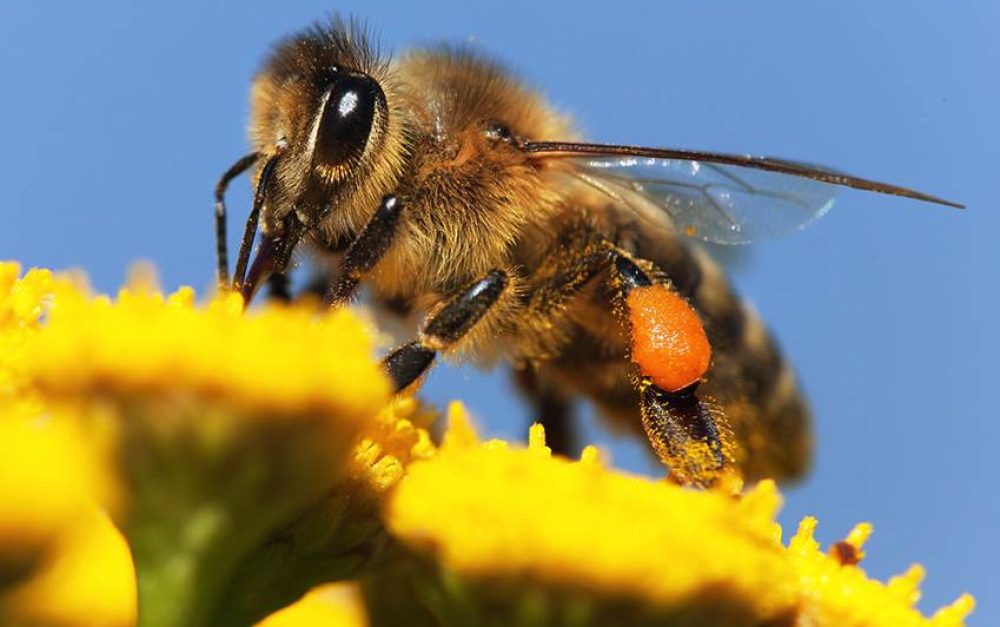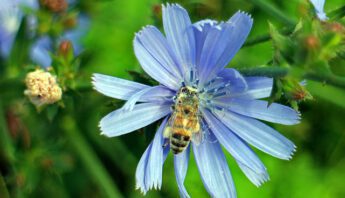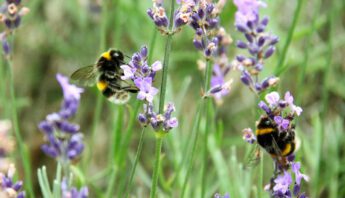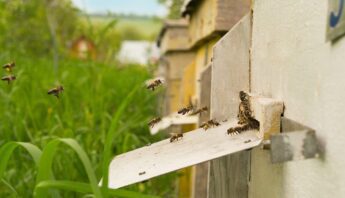A new, large-scale field study is underscoring what we know from previous research: neonicotinoid pesticides are harmful to bees. And the use of neonics as seed coatings on common crops like corn, soy and canola/rapeseed is of particular concern for both managed honey bees and native pollinators.
A new, large-scale field study is underscoring what we know from previous research: neonicotinoid pesticides are harmful to bees. And the use of neonics as seed coatings on common crops like corn, soy and canola/rapeseed is of particular concern for both managed honey bees and native pollinators.
Published in Science in late June, this study is the first long-term field study to assess real-world impacts of neonic exposure. Researchers tracked effects on pollinators from exposure to neonic-treated rapeseed fields in Hungary, Germany and the United Kingdom. While there were some geographical variances across the 33 sites — bees fared better in Germany — researchers found that “reproduction was negatively correlated” with neonic residue. They concluded that beonics cause a “reduced capacity of bee species to establish new populations in the year following exposure.”
Short answer: This is yet more evidence that neonicotinoids undermine the health of honey bees and wild bees. As Dr. Richard Pywell, a researcher from the Centre for Ecology and Hydrology in Oxfordshire, told BBC News:
Our findings are a cause for serious concern. . . This is important because many crops globally are insect pollinated and without pollinators we would struggle to produce some foods.”
Mounting evidence
Some earlier research has been criticized for not accurately replicating field conditions and actual levels of pesticide exposure for pollinators. This field study was aimed at addressing that research gap, said Dr. Pywell:
There was a need to undertake a large-scale, realistic experiment to represent the effects of neonicotinoids on pollinators in the real world.”
Still, the finding that neonics harm bees is not new. Studies have been pointing to that reality for many years, with the picture coming ever-clearer. Bee biologist David Goulson, from the University of Sussex, noted this on his Twitter account when the new study came out:
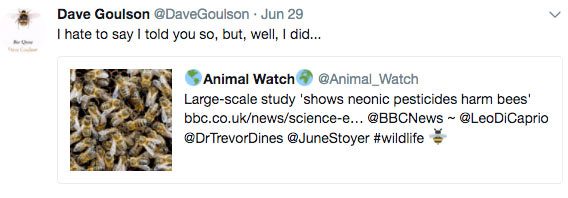
While declining pollinator populations are not only the result of pesticide exposure — loss of habitat, disease and other factors weigh in too, say researchers — agricultural pesticide use is an important and damaging piece of the puzzle. The evidence is irrefutable (even if Bayer and Syngenta continue to claim otherwise).



